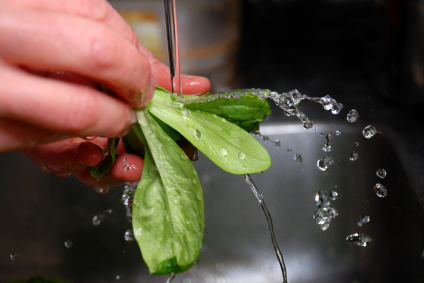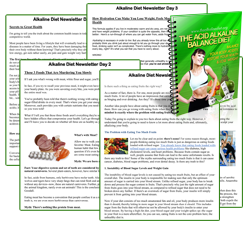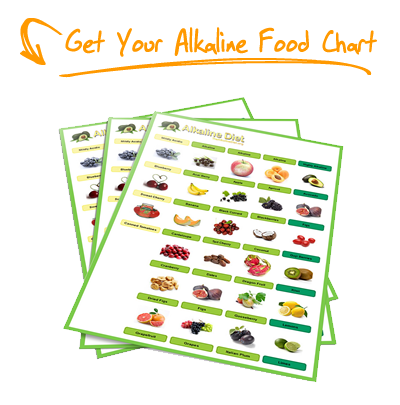Japan Food Radiation Contamination – What Foods Should You Avoid?
Posted on 25. Mar, 2011 by Isabelle Ngin in Blog
 On March 22nd, 2011, the Prime Minister of Japan, Naoto Khan has given an indefinite ban on spinach, milk and a local vegetable that came from Fukushima and near prefectures after these foods were found to be radioactive. This food suspension was the first batch since the nuclear plant crisis began which causes anxiety and alarm to the general public.
On March 22nd, 2011, the Prime Minister of Japan, Naoto Khan has given an indefinite ban on spinach, milk and a local vegetable that came from Fukushima and near prefectures after these foods were found to be radioactive. This food suspension was the first batch since the nuclear plant crisis began which causes anxiety and alarm to the general public.
In addition, last March 19, the Health, Labor and Welfare Ministry have revealed an unhealthy level of radiation of milk and spinach. The spinach has been found to have 54 thousand becquerels of iodine which is 27 x more than the normal level. On the other hand, milk has been found to have 5 thousand plus becquerels which is 17 x more than the safe level.
Furthermore, The United States Food and Drug Administration said that they will stop the import of foods and dairy products from the part of Japan where there is a nuclear reactor radiation. In addition, the FDA has noted that these foods must be detained for entry and must not be sold to the ordinary consumer. Other foods that came from Japan such as seaweeds must be screened for radiation first before it can be sold to the public.
In related news, authorities from Taiwan have noted that the fava beans that came from Japan are slightly contaminated with radiation. This food is considered the first foods that are found contaminated outside the borders of Japan. Although the fava beans radiation level is still in a safe limit, it will not be sold to the public for safety reasons.
On March 23, 2011, the Japanese Government has said that there is dangerous radiation level seen in their tap water. According to the Japanese Cabinet Secretary Yukio Edano, there has been a high radiation level detected outside the 19 mile or 30 kilometers radius within the power plant that are damaged in the March 11 tsunami and earthquake. Furthermore, broccoli has been added in the food list of polluted and contaminated vegetables.
On March 24, 2011, Many countries like United States of America, Australia, Hong Kong, and Singapore have restricted the food imports that come from Japan wherein elevated radiation levels can be seen outside the evacuation radius within the Fukushima Dai-Ichi nuclear plant. In fact, according to the Agriculture, Food and Veterinary Authority, the Singapore has restricted the import of milk and dairy products, seafood, meat, fruits, and vegetables from all areas of Japan that are affected by radiation due to Nuclear power plant accident.
On the other hand, the Food Standards of Australia and New Zealand has noted that there are already making a precautionary safety measure with regards with importation of fresh fruits and vegetables, seaweed, seafood, milk, and dairy products.
Meanwhile, Hong Kong Government has said that they will prohibit the imports of agricultural food products from the Japan prefectures that are affected by quake after finding high levels of radioactive iodine in spinach and turnips. In addition, the Japanese authorities have prohibited the entry of vegetables and milk that came from the areas of Ibaraki, Gunma, Fukushima, and Tochigi.
According to Yasuo Sasaki, senior press counselor at the Ministry of Agriculture, Forestry, and Fisheries, fish has a lesser risk of radioactive contamination than leafy vegetables. The reason for this is that the radiation level tends to be diluted in the seawater. However, fishing in Miyagi, Iwate, and Fukushima is still prohibited to lower the risk of contaminated and tainted fish in the market.





Recent Comments